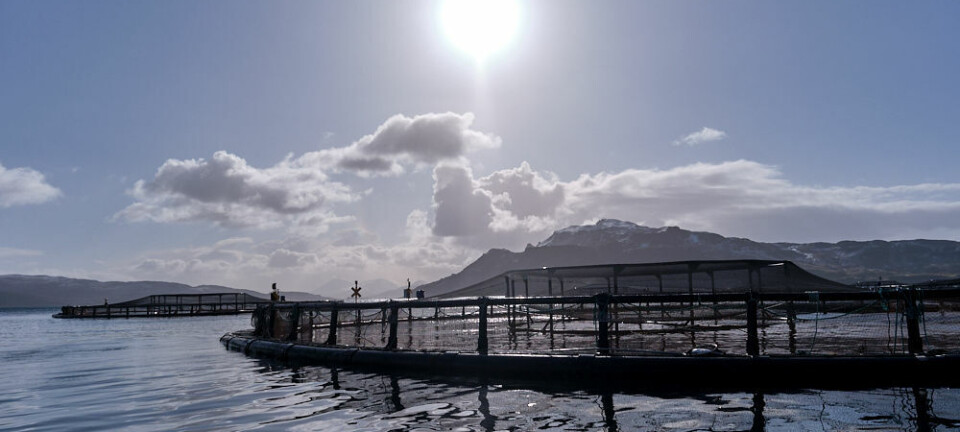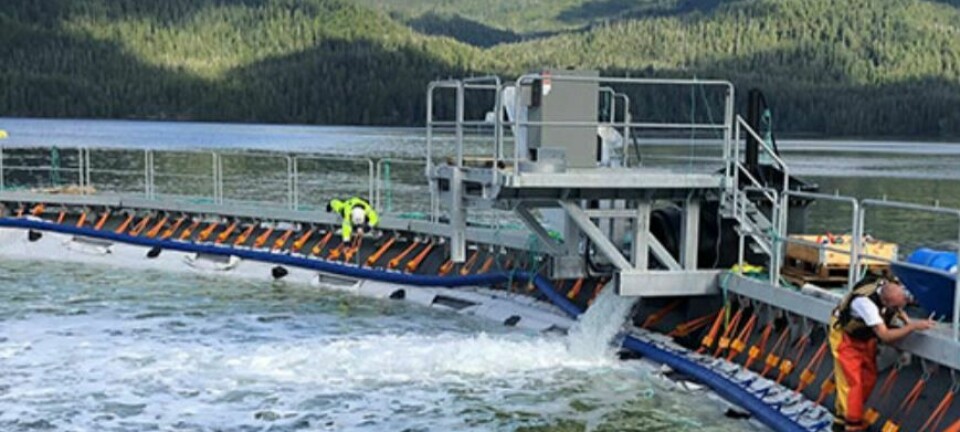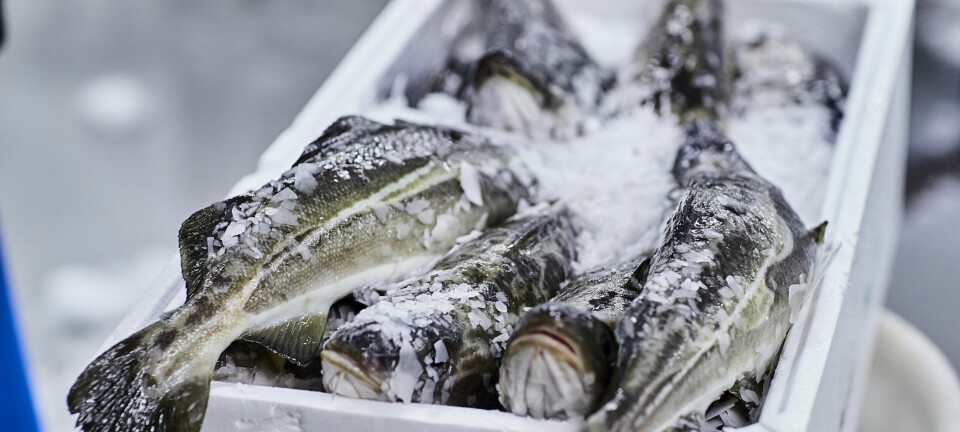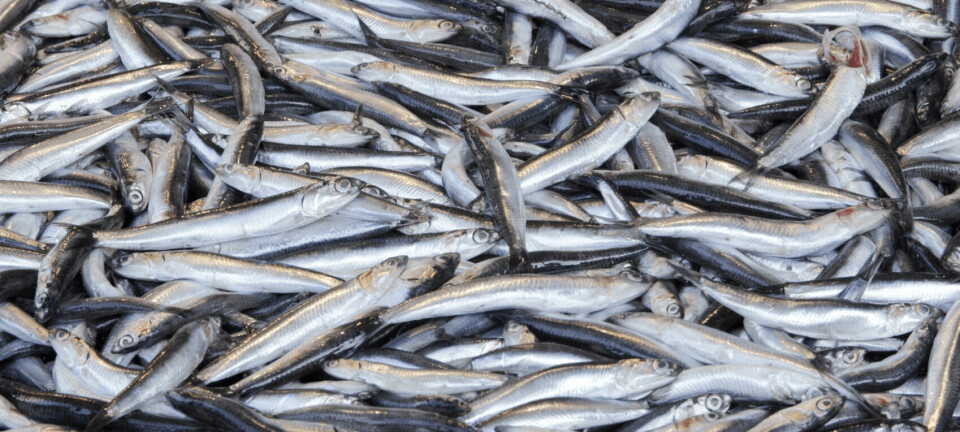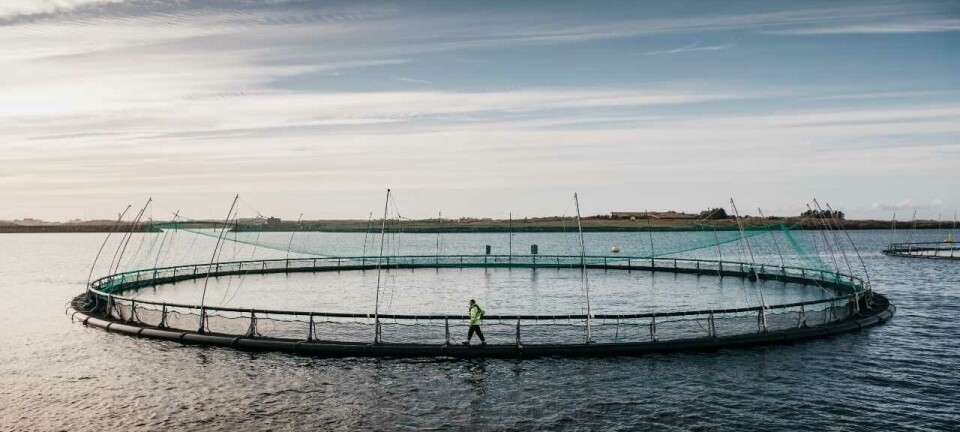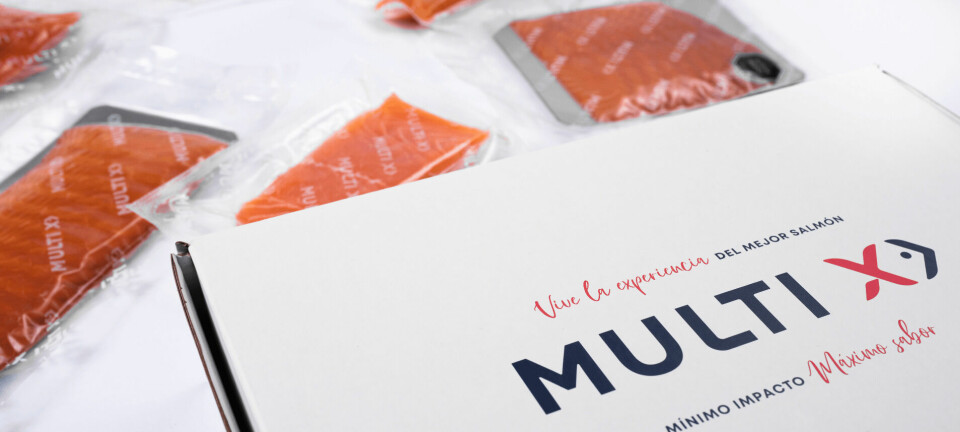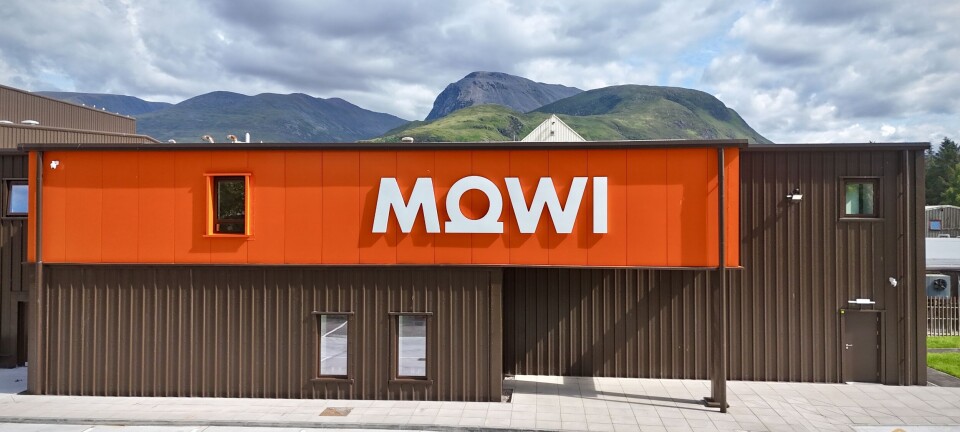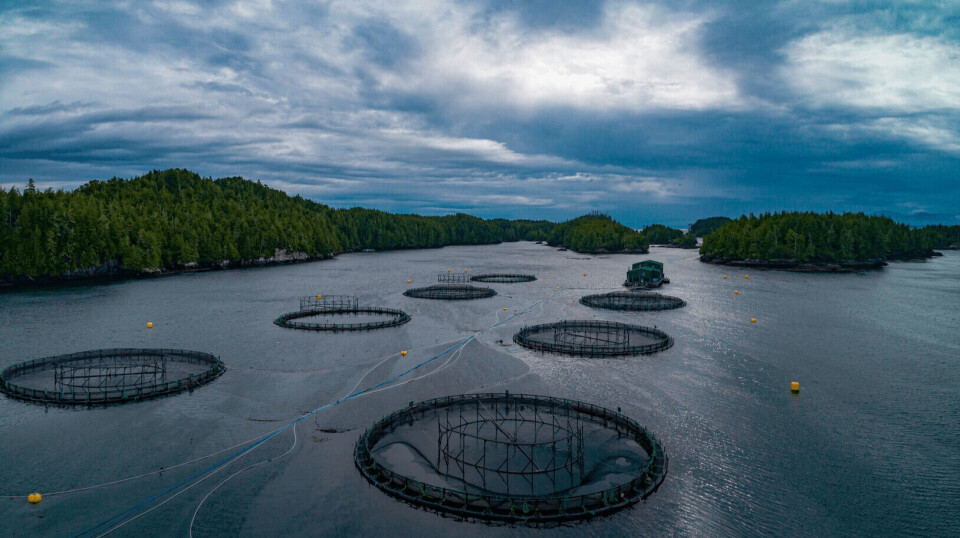
Fish farmers urge Canadian ministers to reject 'extreme voices'
Sector bids for support from provinces after Ottawa ignores scientific evidence and puts time limit on BC net pens
Canada’s fish farmers have urged federal and provincial ministers to support the sector instead of listening to “extreme voices” calling for salmon farms to be closed down with the loss of thousands of jobs.
In a letter to agriculture and fisheries ministers, the Canadian Aquaculture Industry Alliance (CAIA) points out that aquaculture practices have changed dramatically for the better.
“Improvements have been made and peer-reviewed science supports modern practices, new technology, and strong regulations,” writes the CAIA.
“It is time to move on to a new era of aquaculture production in Canada. Based in science, we challenge you, as government regulators and leaders, to develop a vision for a growing and vital aquaculture sector for Canada. You have an opportunity now to forge a path for your province and Canada to be the best and most innovative producers of farm-raised seafood in the world.”
Activist claims
The letter follows the decision by Canada’s Liberal minority government to end open net pen salmon farming in British Columbia by the end of June 2029. The decision goes against the advice of the government’s own fisheries scientists but is a policy supported by many voters in western Canada who believe unproven activist claims that the sector harms wild salmon populations.
The decision also fulfils the 2019 election manifesto pledge by Prime Minister Justin Trudeau to transition away from open net pens in BC, the only province where the federal government controls net pen licences.
In its letter, the CAIA says government decisions must be made based on objective peer-reviewed science evaluation processes that provide advice to policymakers. In BC salmon farming, this has been “completely broken”, with political decisions being made in conflict with long-established CSAS (Canadian Science Advisory Secretariat) processes.
A dangerous game
“During this time of social polarisation, extreme voices are getting more attention. But rewarding extreme voices and positions is a very dangerous game,” writes the CAIA. “The BC salmon farming situation is a case in point: activist groups seeking a 100% reduction in risk where the science clearly does not require such an approach have now secured their extreme policy with a ‘ban on open net pens by 2029’.”
It tells ministers: “Siding with such an extreme approach does not respect science, nurture precious job creation in coastal communities, achieve First Nations reconciliation – where production is covered under an unprecedented 100% agreement with Nations in whose territories the farms operate – and secure healthy and low-carbon domestic food production. Reject extreme positions and choose practical and balanced pathways based in science.”
Hand over development
The CAIA says that the Department of Fisheries and Oceans (DFO) has shown it cannot both regulate and develop the aquaculture sector and should focus on being a regulator.
It suggests that development should be supported by a different federal government department, Agriculture and Agri-Food Canada.
Federal and provincial ministers are encouraged by the CAIA to jointly develop a high-level national strategy and public statement supporting aquaculture development.
Educate the public
In the face of well-funded activist campaigns, the CAIA also wants to see support for a long-term partnership programme for seafood education and communication following the end of its own successful two-year “Choose Canadian Seafood” programme in March, delivered jointly with the Fisheries Council.
“This is needed to educate Canadians and bring together the entire seafood sector as an important part of the Canadian agri-food sector. We ask you to make this a priority in your discussions.”
Aquaculture ambassadors
The CAIA also wants ministers to “be bold and speak positively about aquaculture potential”.
“We ask you to be ambassadors for the people of the sector: not as it was 30 years ago, but as it is today and will be in the future. Speaking to the positive potential regularly is a simple gesture but necessary,” says the CAIA, which adds that the aquaculture community recognises it must also do a better job at educating the public about current realities and promoting the future of farm-raised seafood development in Canada.
“In the last few years, the sector has enhanced our outreach activities to Canadians, but we must and will continue to do more,” concludes the CAIA.
“We thank you for your work and leadership on behalf of all Canadians, but specifically the ~20,000 Canadians whose economic livelihoods and their families and communities are dependent on the success of the aquaculture sector in this country.”













